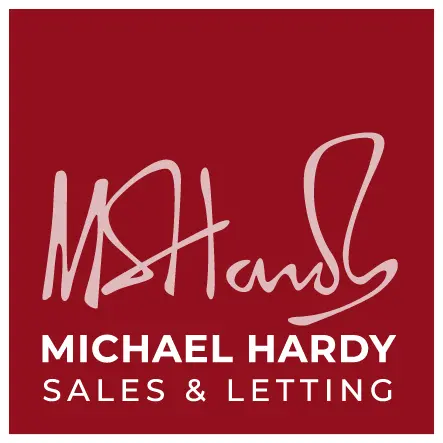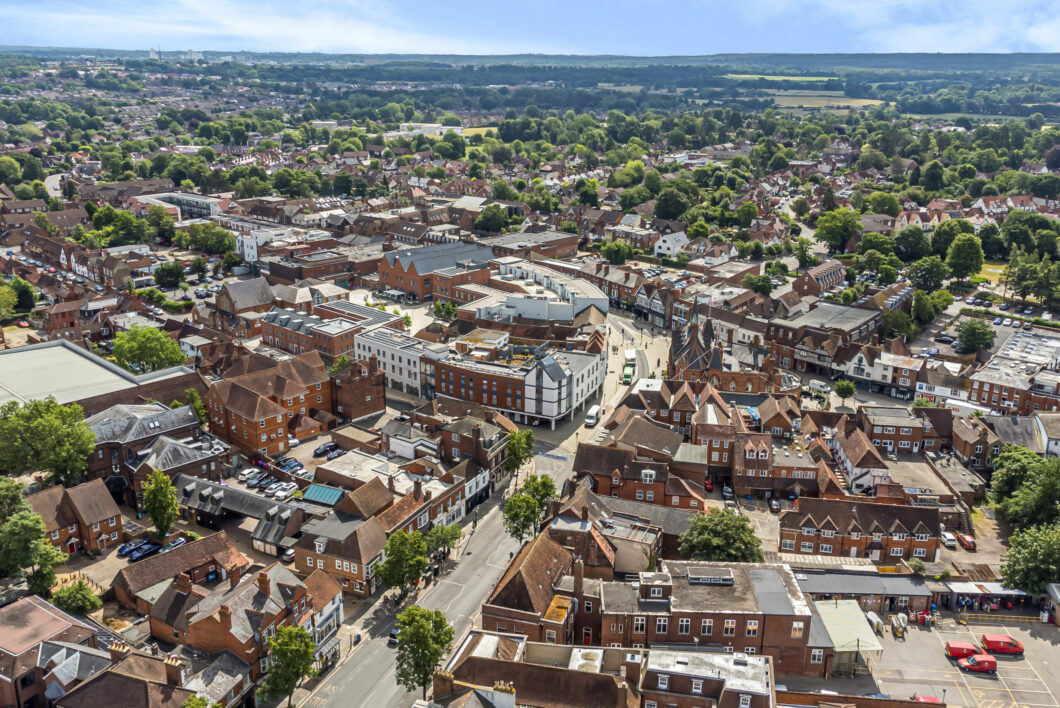Property particulars usually state whether a home is either ‘freehold’ or ‘leasehold’ which does prompt questions, especially from first time buyers, as to what they actually mean and what are the differences between the two.
What is the difference between freehold and leasehold?
The biggest difference between these two types of property ownership can be summed up in one sentence – with freehold you own the property outright and with leasehold you own a property for a specific period and have a landlord. When you purchase a freehold property, you own the building and the lands it stands on outright, including the ground below and airspace above. Purchase of a freehold means you become a freeholder, with the right to renovate or refurbish the entire property however you see fit.
On the other hand, if you buy a leasehold property, you only have the right to live in or use the property for a certain period of time, equal to the number of years left of the lease. Depending on the type of property, the period of a lease agreement can vary from 10 to 999 years. Currently a lease can be extended relatively cost-effectively where there are at least 80 years or so left but will escalate when the lease is shorter. The ownership of the property will revert back to the freeholder at the end of the lease, unless the lease is extended or is bought from the freeholder.
Renovations on freehold or leasehold properties
With freehold properties, you will have to take the responsibility of maintaining the property, from daily maintenance to substantial upgrades such as replacing roof tiles. However, on the plus side, you have free reign to extend, refurbish or even completely rebuild without needing permission from the freeholder. If your priority is to add value, going for a freehold property will give you more options.
By comparison, leaseholders will require permission from the freeholder to make certain significant changes or alterations. The scope of what will be allowed will depend on the landlord – private landlords are generally more flexible and less restrictive than property development groups. Leaseholders are not directly responsible for the maintenance of common areas, although are usually required to pay a service charge to cover the cost of the upkeep borne by the freeholder, as well as a small ground rent annually.
Regulation changes to freehold and leasehold
There has been growing concern about the fairness of the leasehold system, which places potentially too much power in the hands of the freeholder. There have been recent issues with homeowners (buying from unscrupulous developers) facing spiralling ground rents, which has prompted wider debate about leasehold reform.
In January 2021, the Secretary of State for Housing, Communities and Local Government, Robert Jenrick, announced that the government is planning legislation which will allow leaseholders to extend their lease to a new standard of 990 years with zero ground rent. This is significant because the higher the ground rent, the more you will have to pay for a lease extension.
If these changes become law, they will potentially save leaseholders thousands of pounds, as well as providing long term reassurance about their properties.
In addition to zero ground rent, the Government’s most recent proposals also include:
- A cap on the ground rent which is payable when a leaseholder becomes the freeholder.
- Abolishing costs such as “marriage value” which is a fee based on the increase in the value of the property once the lease has been extended.
- Setting more fair and transparent rates for calculating the costs of a lease extension or freehold purchase.
- Introducing an online calculator for leaseholders to easily work out how much it will cost to extend their lease or buy their freehold.
- Further protection for those buying leasehold retirement properties.
Leasehold campaigners are also seeking reform around existing retirement properties – since currently the proposal of zero ground rent only applies to new leasehold retirement properties – and the introduction of a “commonhold” system whereby those purchasing leasehold flats would hold the freehold to their own property but jointly own and manage their block with neighbours.
The implication of the leasehold changes
The new laws are likely to be two years away, and as little is definite, there will be uncertainty until then about the extent of the changes. Leaseholders should benefit from lower charges for extending leases when no longer impacted by ever-increasing ground rent charges, and be able to extend for a far longer period for a cheaper price (up to the proposed 990 years). When ground-rent is capped or even abolished, leaseholders will be able to manage annual outgoings better and renovations or development should be more straightforward.
Please do not hesitate to contact us if you have any further queries about leasehold properties or view a selection of homes we currently have for sale in the local area. Call us today on Wokingham 0118 977 6776 or Crowthorne 01344 779 999.

